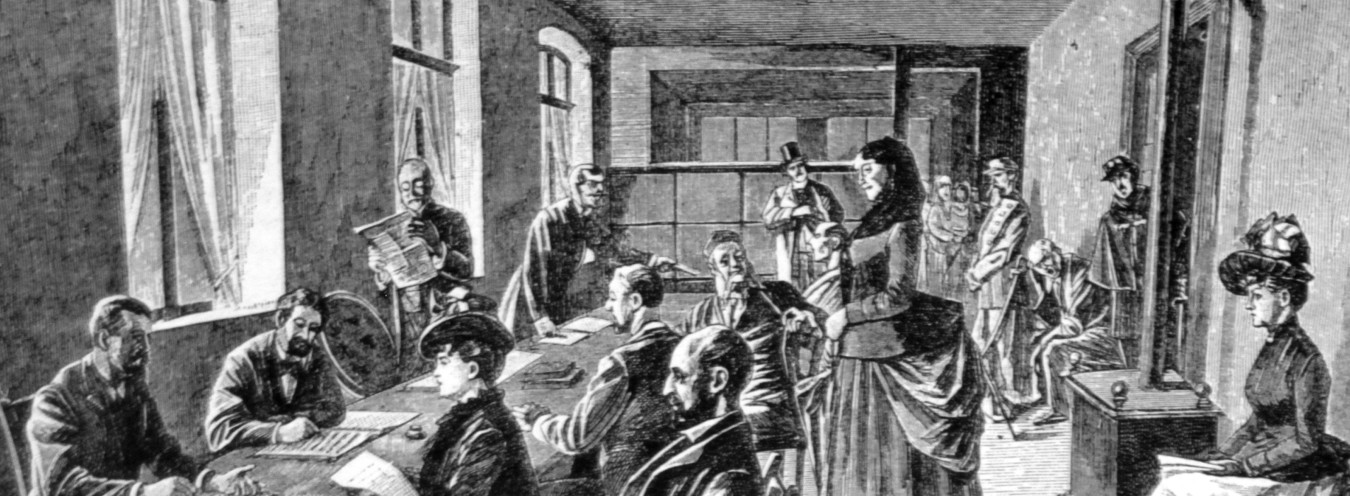
Passports
I began applying for a passport; I thought it would take a month. Meanwhile, Wirski set about it and – hey presto! – he got my passport in four days. (590)
The nineteenth century was the age of travel, but not everybody could enjoy the freedom of movement. The Poles planning to travel abroad – especially those in Congress Poland – faced the necessity of complex passport-related formalities, as well as expenses, which included bribes. A passport permit was needed to travel to Russia and even to cross from one governorate to another. The document was necessary but very difficult to obtain. An even more difficult mission was to relay the trouble connected with obtaining a passport to one’s readers. The censorship in Russia would not allow the topic to be discussed, which is why in The Doll there is little mention of it, apart from laconic remarks such as And the trouble there was with the passports!
In foreign travel guides of that time (Baedeker’s, Murray’s, and others), as well as in English, German, or French travellers’ reports, the Russian Empire is described as a land of useless, onerous official formalities and openly corrupt officials; a land where political opinions were to be expressed carefully or not at all. Above all else, any allusions to Poland were to be carefully avoided.
→ Baedeker; → Censorship; → Prus’s Travels; → Travels of the Characters in “The Doll”; → Russia;
Bibliografia
- A. Mączak, Peregrynacje, wojaże, turystyka, Warszawa 2001.
- D. Kałwa, Polska doby rozbiorów i międzywojenna, w: Obyczaje w Polsce. Od średniowiecza do czasów współczesnych, red. A. Chwalba, Warszawa 2005.



